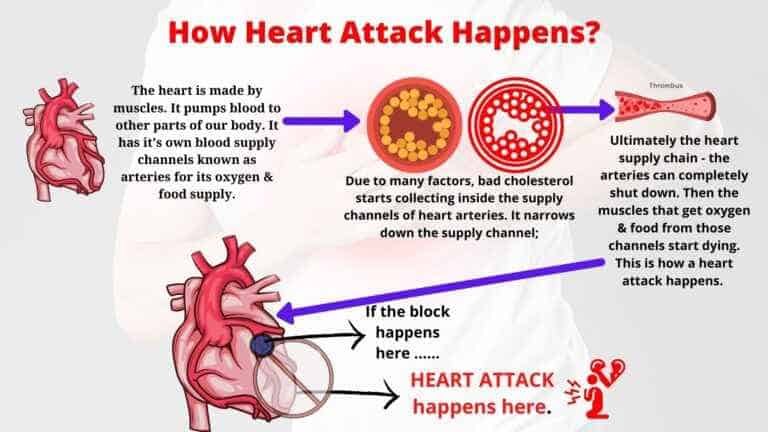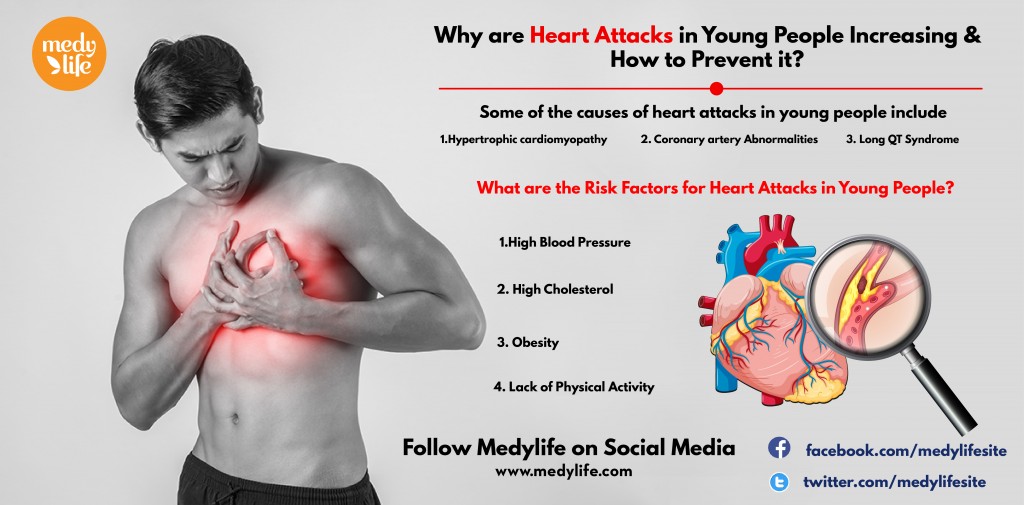Most heart attacks occur between 6 am and noon

Most heart attacks occur between 6 AM and noon.

Heart attacks, a life-threatening medical condition, have long been a topic of concern for individuals and medical professionals alike. While heart attacks can occur at any time, it has been observed that a significant number of heart attacks happen between 6 AM and noon.
Research conducted on this topic has suggested that the body undergoes natural changes during the early morning hours, which can contribute to the increased risk of heart attacks during this time frame. During the early morning, the body’s biological clock, known as the circadian rhythm, is in a state of transition as it readies itself for the start of the day. This transition period can potentially induce stress on the cardiovascular system, making it more susceptible to the occurrence of heart attacks.

One possible explanation for the increased risk of heart attacks during the morning hours is the surge in blood pressure and heart rate that often occurs upon awakening. As the body transitions from a state of rest to activity, the stress hormones, such as adrenaline, also experience a surge. These hormonal fluctuations can contribute to arterial plaque rupture, which is a leading cause of heart attacks.
Moreover, morning episodes of heart attacks tend to be more severe compared to those that occur later in the day. This severity can be attributed to multiple factors, such as the body’s less responsive state and the lack of immediate medical attention during the early morning hours. It is important to note that individual variations exist, and not every heart attack will follow this pattern. However, the statistical trend indicates a noticeable link between the morning hours and heart attack occurrences.
To reduce the risk of heart attacks, individuals are advised to adopt healthy lifestyle practices. These practices include a balanced diet, regular exercise, stress management, and adequate sleep. By incorporating these habits into their daily routines, individuals can potentially reduce their overall risk of heart attacks and maintain a healthy heart.
The information provided here is based on studies and observations. For more information on heart attacks and related research, please refer to webmd.com.
Share
Related Posts
Quick Links
Legal Stuff

